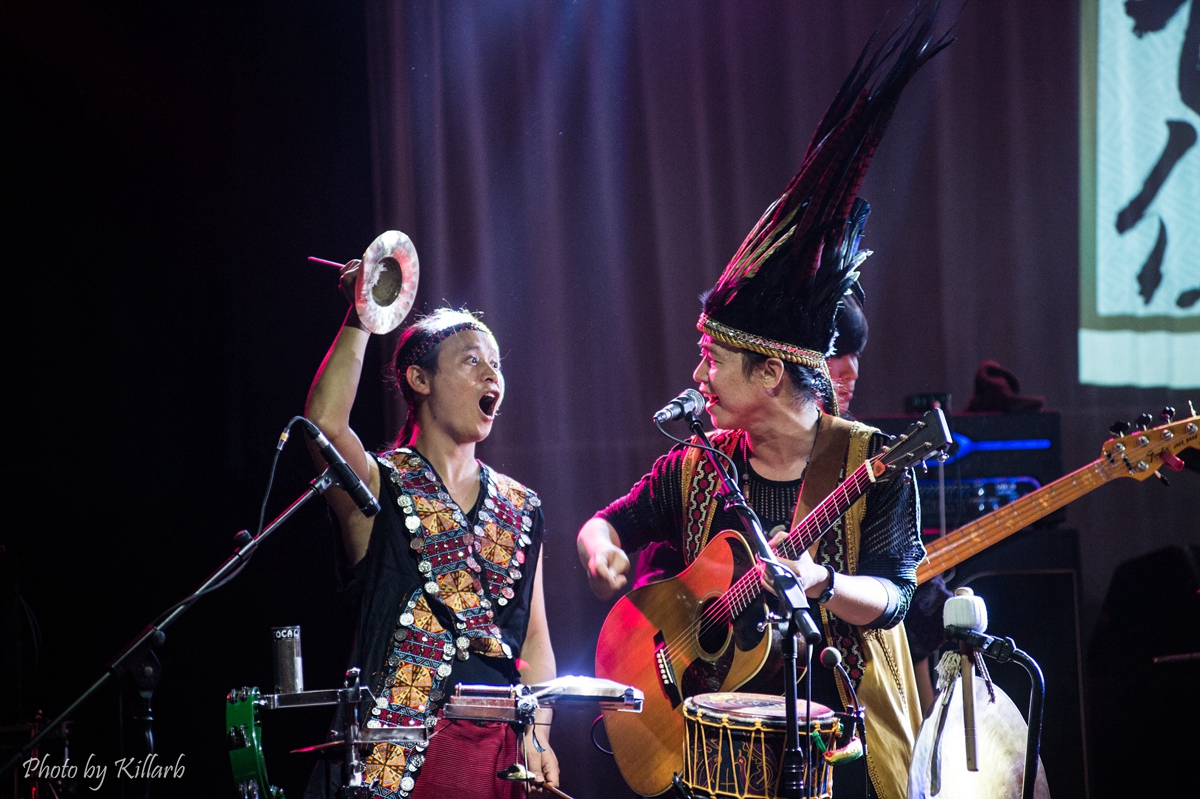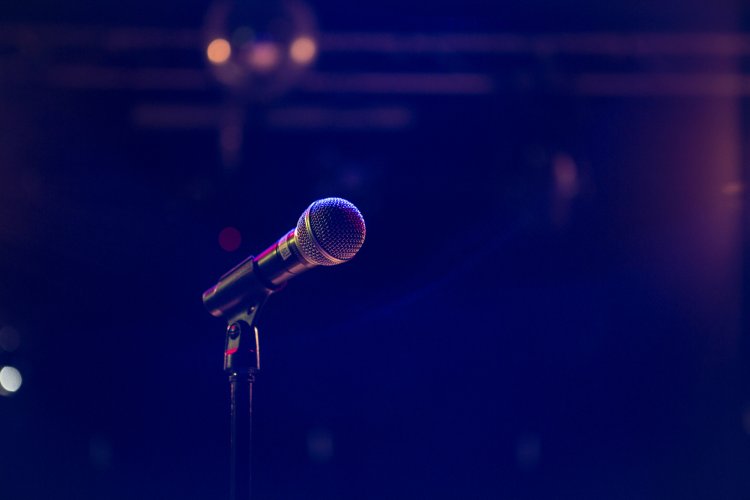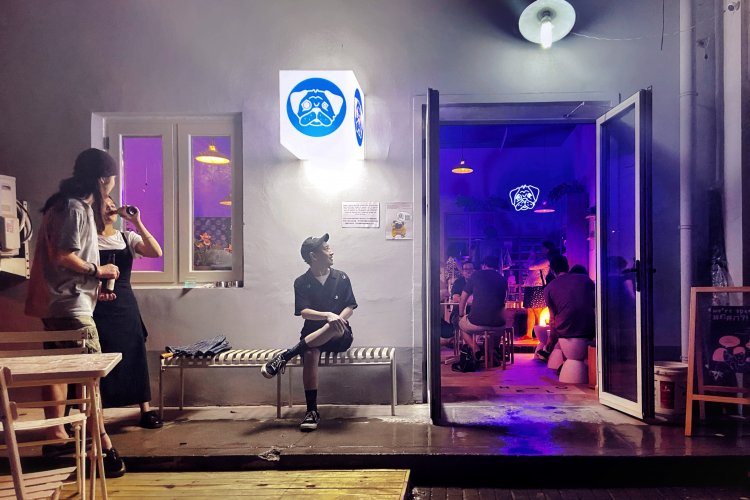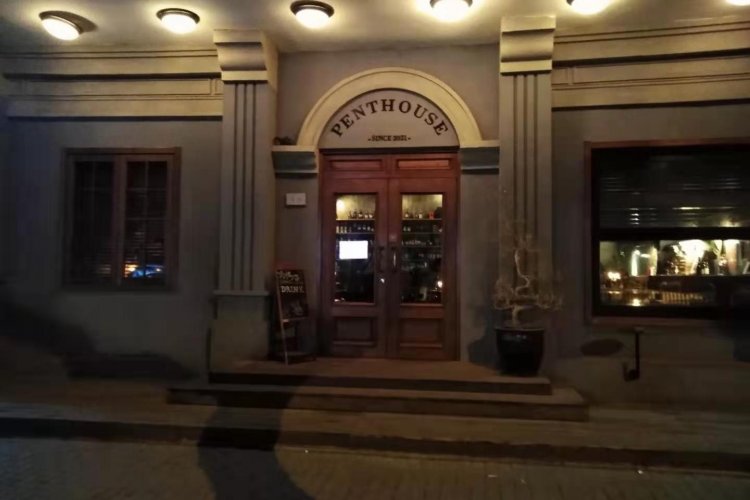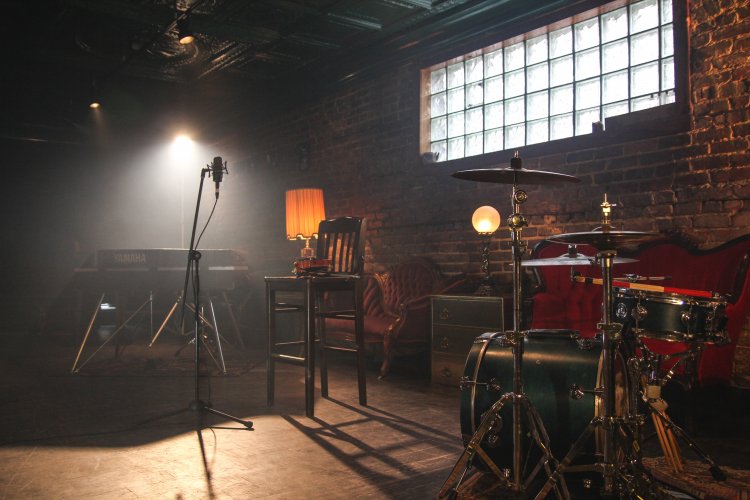‘Make Folk Music and Spread it to the Masses' – Folk-Fusion Outfit Mabang to Play Yue Space Nov 30
It's not the first time for Mǎbāng (马帮, meaning Caravan) to come all the way north to play in the capital. "Beijing is very cold," laughs the lead vocalist Agang. "We're used to the warmer weather."
Heading up from Guangxi in the south, Mabang now consists of five members: lead vocalist and guitarist Agang, percussionist Fanfeng, wind instrumentalist Afei, drummer Xiaodao and bassist Atang. "We have been playing this style of music for a long time," says Agang. "We tried out various styles before that, but now we are sticking with this."

Mabang's inspiration and core values come from southern Chinese folklore and tradition, but they throw their fair share of contemporary music into the mix as well. The roots of their hometowns and province forms the foundation of their music to which they add hints of styles from around the world for a sound very much their own.
Their closeness to nature radiates throughout the show and delivers the audience from the concrete-enclosed Beijing streets – at least for an hour or two. Mabang's presence on stage feels warm and welcoming, with wide smiles never leaving their faces. I talked to Mabang in a smoky and noisy School Bar after a recent gig – one in a series of shows in northern China.

Your music is inspired not only by Guangxi folklore but other provinces as well. How do you create music? Is it based on motifs you borrow from folk songs or just inspired by them?
Our music style is “world music” or fusion. For us, it’s all about the common parts of different styles: we take the rhythm from reggae, jazz, folk, or rock and roll, and then use Chinese instruments. Furthermore, all of our singing is Guānhuà (官话, a common dialect in Yunnan, Guangxi, Guizhou, and Sichuan) only.
The motive of southern Chinese folk music is just the beginning of making a song. We mix different styles of the world to make it our own unique one. We are all from Liangguang (literally "the two Guangs" in the south: Guangdong and Guangxi provinces), so the music is also often inspired by nature and our surroundings there.
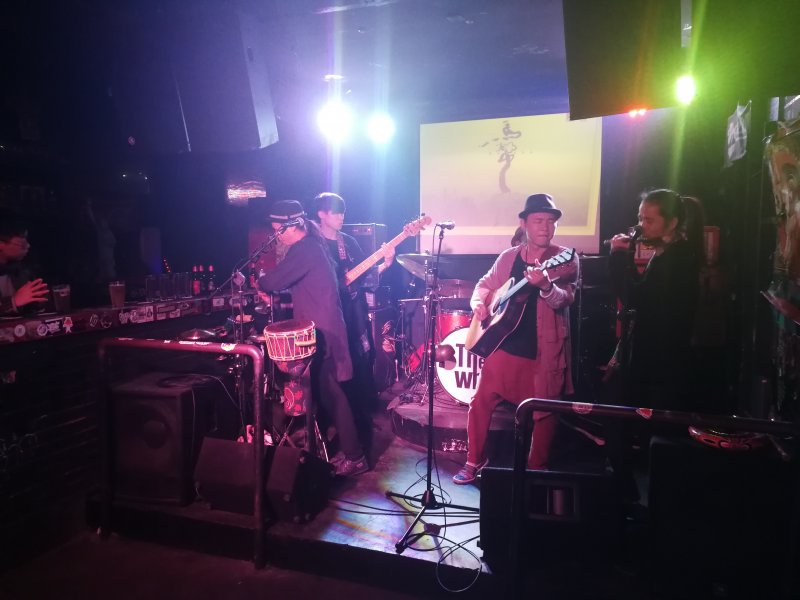
What about the instruments you play. Do you stick to Western instruments or traditional Chinese instruments?
We use a lot of western instruments: drums, guitar, bass ... On top of usual ones, we use African percussion and instruments from the Liangguang region. One of the percussion instruments we play has been popular in local opera in the South – a wood instrument made from copper called the suǒnà, that resembles a horn, is usually for wedding and funeral ceremonies. One of the songs we incorporated it into also uses the motif from a specific part of a wedding ceremony, when the groom’s family picks up the bride from her parent's house.
You tend to wear quite impressive costumes on stage. What's the significance of these costumes?
Because our music is close to nature, so are our clothes. They are all made from natural, plant-based fabrics, except the feather crown. Our name is Mabang (caravan) and according to the nature of the caravan, its members should be very brave. The higher the crown, the braver the caravan is, so that’s where our courage and strength is.
You see that there are no synthetic colors, everything is a shade you could see in natural environments. It’s not specifically southern China-style, but made using traditional Chinese fabrics like linen and cotton. We like handmade details on our clothes, it makes them one-of-a-kind. Agang also makes his own musical instruments.

What topics do you usually sing about?
There are three main topics: the first one is freedom of the soul and independence. The second one is love. We have one song dedicated to Sichuan's earthquake back in 2008, telling people it will all pass and be alright. The third one is about identity, understanding your roots and where you come from. The last one is also helping us in our mission to help younger generations understand and accept folk music.
Why do you think it’s important for people to listen to local folklore when the world is mixing together in the pot of globalization?
Before we started playing this style of music we all left home. After a while, you start missing your language, food, family, and we found that music from the place you grew up in is the best cure for homesickness.
It gives you the answers to essential questions in life: Who am I? Where do I come from? Where am I going? We have the responsibility to our roots to make this music and allow more people to hear it. By modernizing it and mixing it with reggae or rock, we keep it interesting, young people will see they can enjoy it and dance to it. One time we played in a festival in Portugal and two Chinese people started crying when they heard us play, they were so touched. I think it’s the best sign of importance.
Mabang will be playing at Yue Space on Thursday, Nov 30, at 9pm. RMB 100 (RMB 80 advance)

More by the author here.
Images: Tautvile Daugelaite, Killarb, courtesy of the Yue Space

